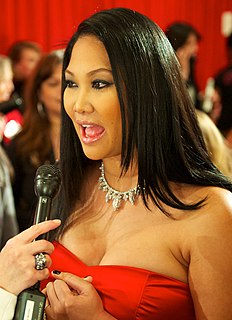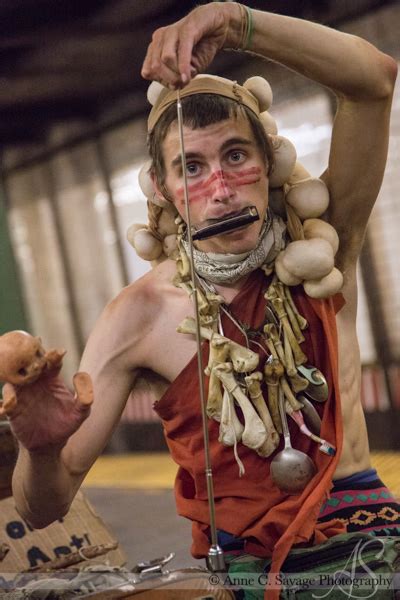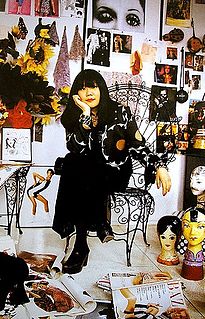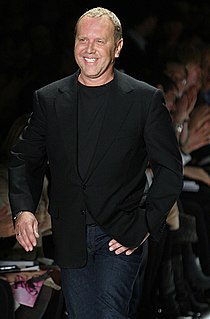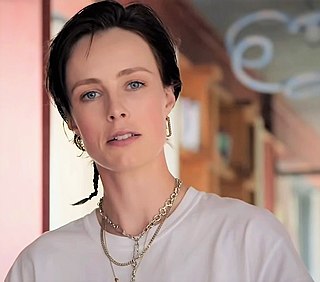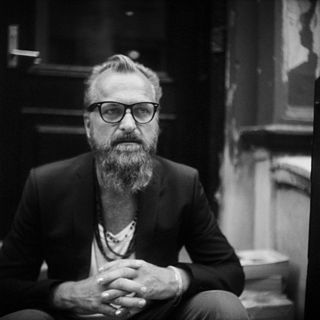A Quote by Kimora Lee Simmons
I don't believe that fashion should exclude people - I have always been about making it accessible to everyone.
Related Quotes
I’m not doing anything wrong, I’m not obstructing anyone’s access. When I have a crowd I make sure that the crowd makes room for people. I’m an artist who cares about the cultural fabric of New York City. I care about New York as a harbor for street culture - and I care about street culture as a base-level populist diffusion of ideas. And I believe in making those ideas accessible to everyone.
I don't think school reform should be motivated by missionary zeal. I think it should be motivated by evidence of what works. I have been critical of Teach For America in the past but I think one of the things about their model that's interesting is that they're constantly looking at it and whether what they're doing works and reassessing their model, and making changes. So to the extent that I believe everyone in the education sector should be looking at evidence, reassessing, making tweaks to figure out what works, I think it's a positive model.
One of the big drivers for me is that health care is a very elitist system. As much as we try to make it free and democratic for all, the reality is that it's expensive and not all therapies are accessible to all people. So I have been very focused on making sure that we democratize genetic information so it's available to everyone.
America's intellectual community has never been very bright. Or honest. They're all sheep, following whatever the intellectual fashion of the decade happens to be. Demanding that everyone follow their dicta in lockstep. Everyone has to be open-minded and tolerant of the things they believe, but God forbid they should ever concede, even for a moment, that someone who disagrees with them might have some fingerhold of truth.
As much as I've been blessed to do, this is for me when I want to do what I really want to do as far as helping people. Obviously helping people with disabilities, I want - my desire is to in my lifetime be a very integral part of getting this country and the world completely accessible to everyone with any disability. There should be nowhere that we can't go, and there should be nothing that we can't do. Considering that we have the disability, whichever one it might be, we will be so on point with being able to do that we need little to no assistance.
I think fashion is probably one of the most accessible and immediate forms of visual culture. In 1978, when I realized that I wanted to work on fashion, I had gone to Yale to get my Ph.D. in European cultural history. I suddenly realized fashion's part of culture, and I can do fashion history. All my professors thought this was a really bad idea, that fashion was frivolous and unimportant. And, increasingly over time, people have recognized that it provides such a mirror to the way we think, our values and attitudes.
